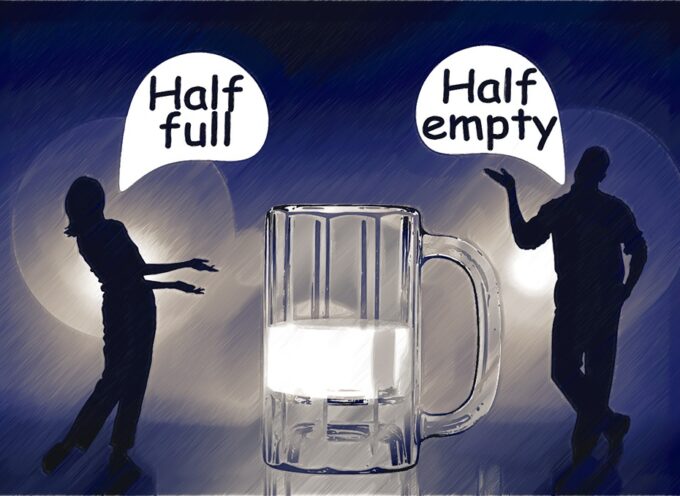Recently, the Pew Research Center published a study demonstrating Americans have difficulty distinguishing between fact and opinion. Only 26 percent of adults correctly identified five factual statements as such, and only 35 percent were able to do the same for five opinion statements.
The research also found we’re significantly more likely to consider something “factual” rather than “opinion” when it favors the narrative of our preferred political party or confirms a pre-existing bias.
This news is unsurprising, considering that, during the 2016 election cycle, Americans gradually became aware of the phenomenon of “Fake News.”
A number of websites plagiarized the look of mainstream media outlets in order to spread patently false stories. Social media often blurs the line between facts and opinions, allowing opinion-masquerading-as-fact to be instantaneously accessible and potentially viral.
As ministry leaders, we want to help our people distinguish between fact and opinion, and between true and false. After all, we’re in the business of truth-telling and wisdom-cultivation and, for that reason, we want the people to whom we minister to be wise, discerning, and truthful.
Toward that end, we can help our people by placing a high value on truth-finding and wisdom-cultivation in our own approach to politics and public life. In so doing, we can model for our people what it looks like to be a truth-oriented people in a fake news era.
As I outline in Letters to an American Christian, together with our people, we must soak ourselves in Scripture, which alone provides the true story of the whole world. And at the same time, we must take three other actions:
To read the rest of the article, originally published in Facts & Trends Magazine, click here.
Subscribe
Never miss a post! Have all new posts delivered straight to your inbox.







